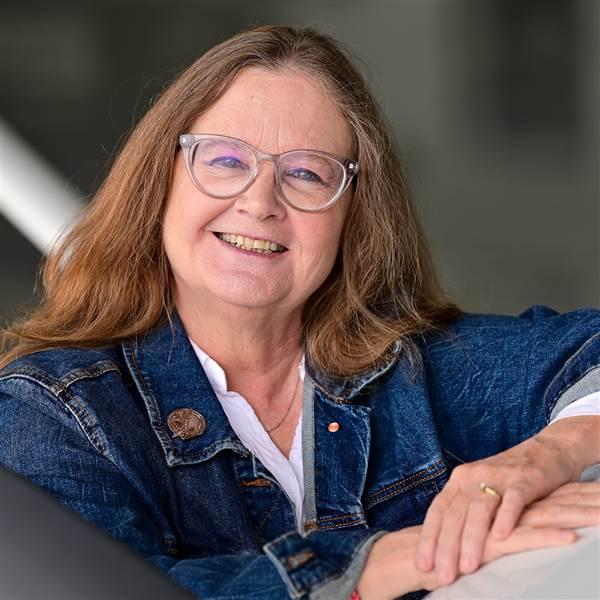Five questions: Cecilia Aragon
Reluctant aerobatic aviatrix

Flying did not come easily, however. As a young woman Aragon suffered from many phobias; she would avoid getting on elevators or even speaking to people for days at a time. She agreed to take a flight with a colleague in a Piper Archer, and from that day she saw how flying could break open her world. Aragon is a professor in the College of Engineering at the University of Washington in Seattle. She continues to flight instruct and teach aerobatics, and she particularly enjoys working with fearful students.
How did you get started in aviation? I was leading a really narrow life because I was allowing my fears to take over. [Conquering fear] is what flying is for me. That is what the first step of learning how to fly did for me.
Favorite aircraft? I mostly fly in a Super Decathlon, which I believe is the best aerobatic trainer around because it’s a taildragger and that’s important to teach you to connect and use your feet. You need to be able to use all four of your limbs to fly well.
Your biggest challenges? There’s a sequence of maneuvers you have to fly [in aerobatic competition] and you have never seen it before. You have 18 hours to look at it and you’re not allowed to practice it. It was set up so that my plane just could not do it. It didn’t have the performance, so the laws of physics said it was impossible to fly it and succeed at it. I was sitting in my hotel room and I remembered my dad’s voice…he would say, ‘You can do it, just keep trying.’ I remembered what I was trying to do was maximize my score, so it was kind of a math problem. I could come up with an algorithm of flying the maneuvers that wouldn’t be perfect, but I could maximize the score and I practiced in my head and I went out to the airport and I flew it just the way I imagined it. It was the best my plane could do; it was good enough to make the team.
Favorite aviation-related activity? I specialize in working with people are who are afraid, people whose other instructors have given up on. One of my students called me up after 10 years and said he’d gotten the instrument and commercial and said, “I would never have gotten my ratings unless I had you as a first instructor because otherwise I would have been too scared.” Or they call me up and say, “I got into an accidental spin today, I heard your voice in my head and I recovered.” I want to be the voice of support that my dad was for me. It only takes one voice.
Advice for students? If I can be ranked among the top few pilots in the world, then anybody with fears can learn to fly. They don’t have to do aerobatics, but they can get into a Cessna or a Piper or one of these new airplanes and they can learn to fly.



